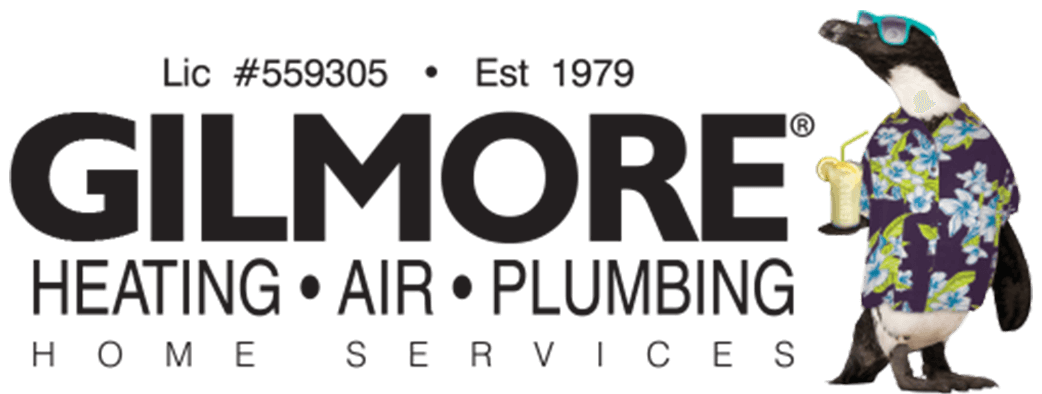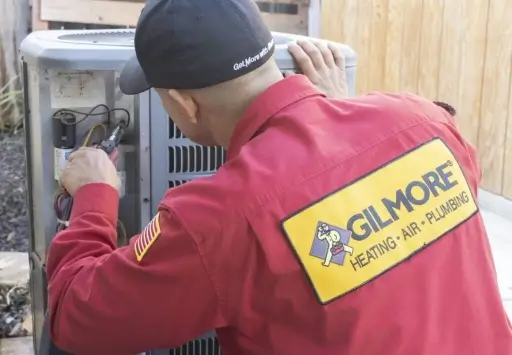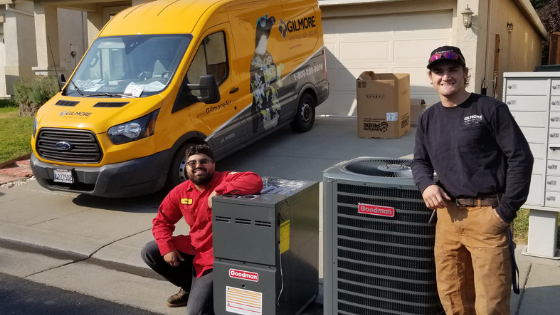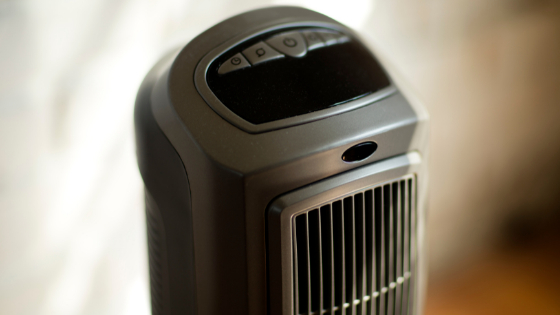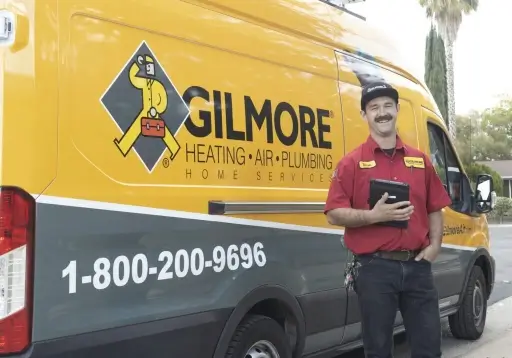
How to Save on Your AC Bill
How to Save On Your AC Bill As the temperature rises during the summer, you’ll want to keep your air conditioner as cool as possible. However, if you don’t properly calibrate your thermostat or limit the amount of heat coming in, your energy bills can skyrocket. If you’re wondering how
